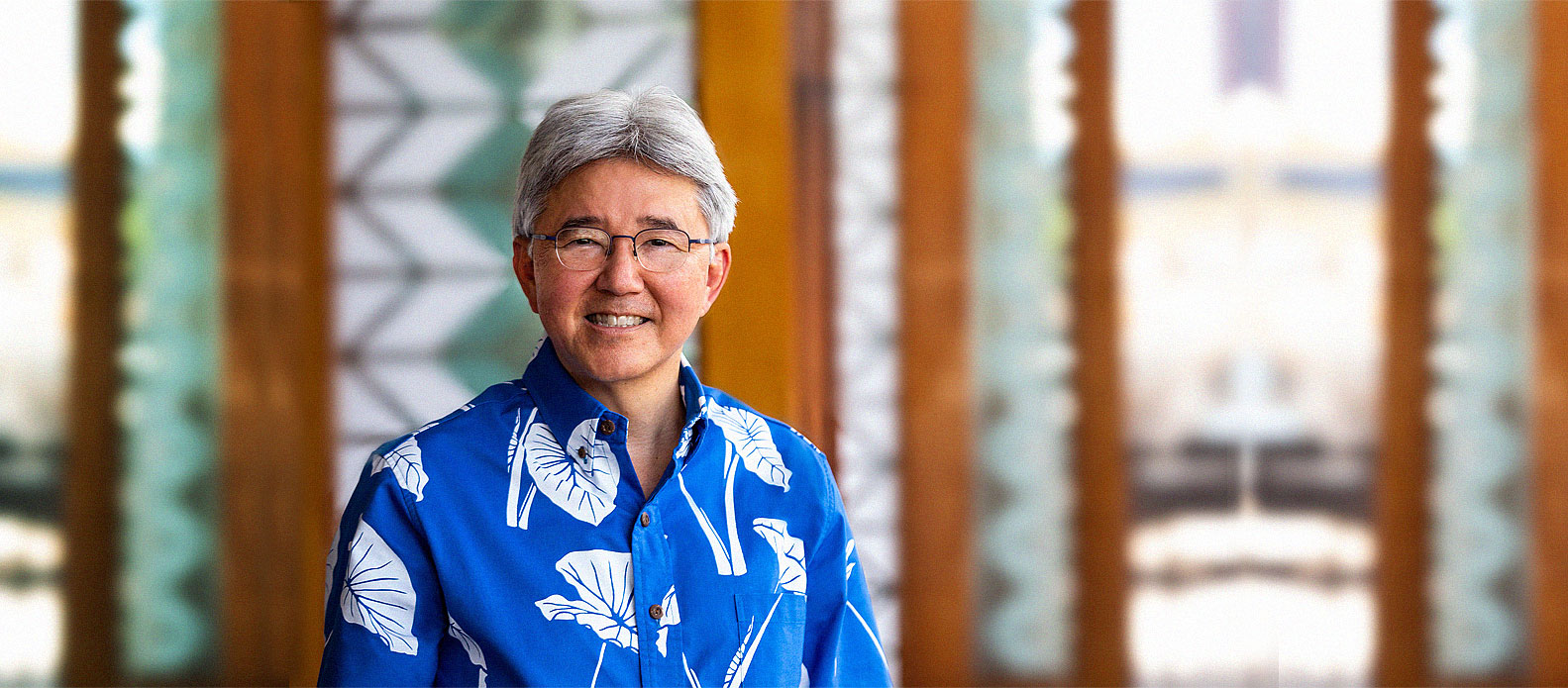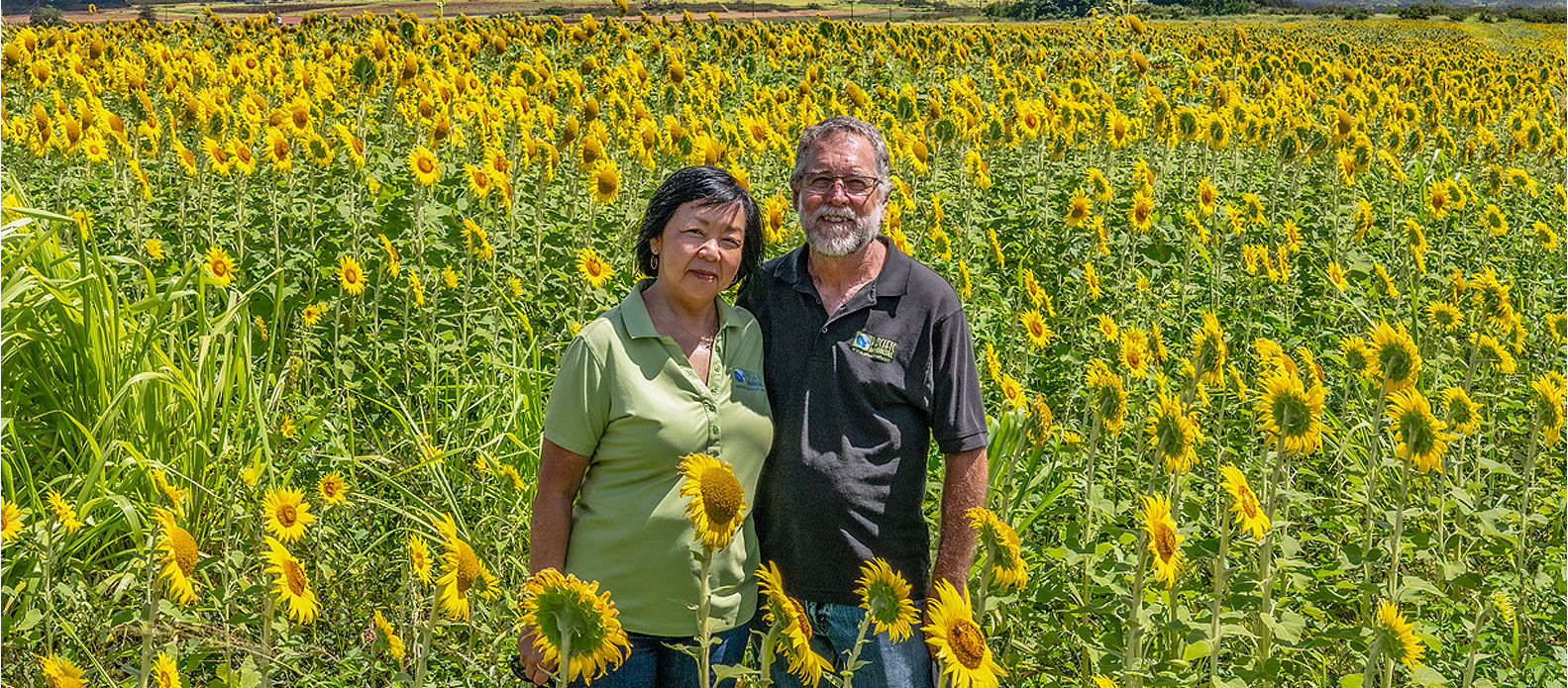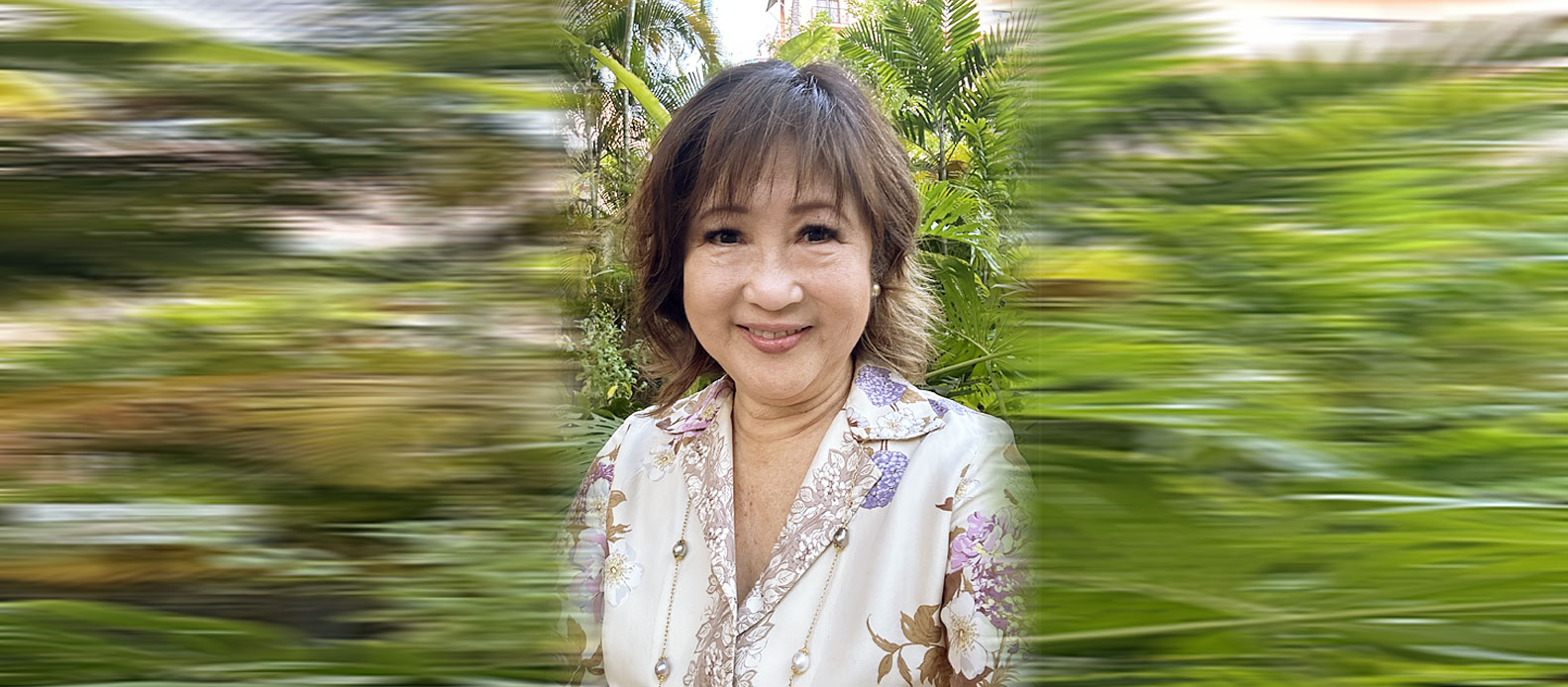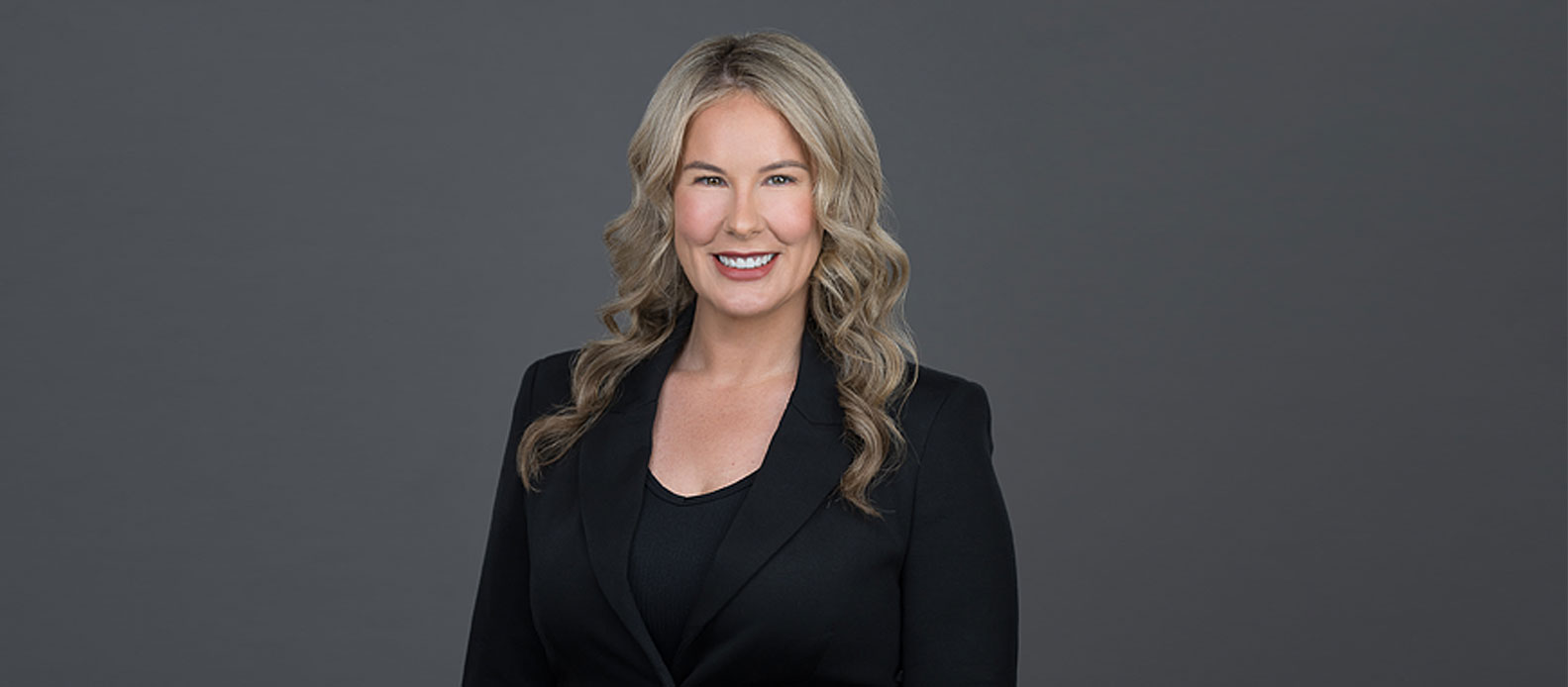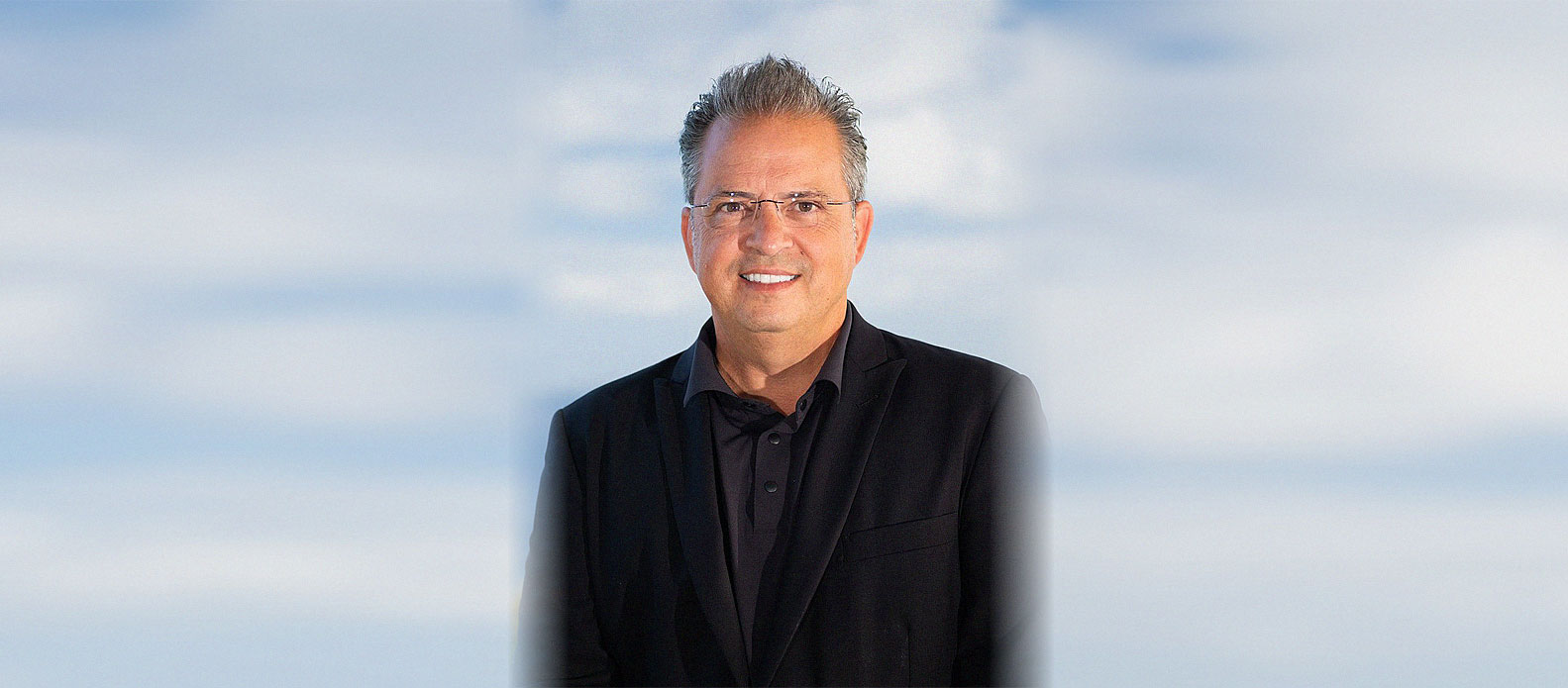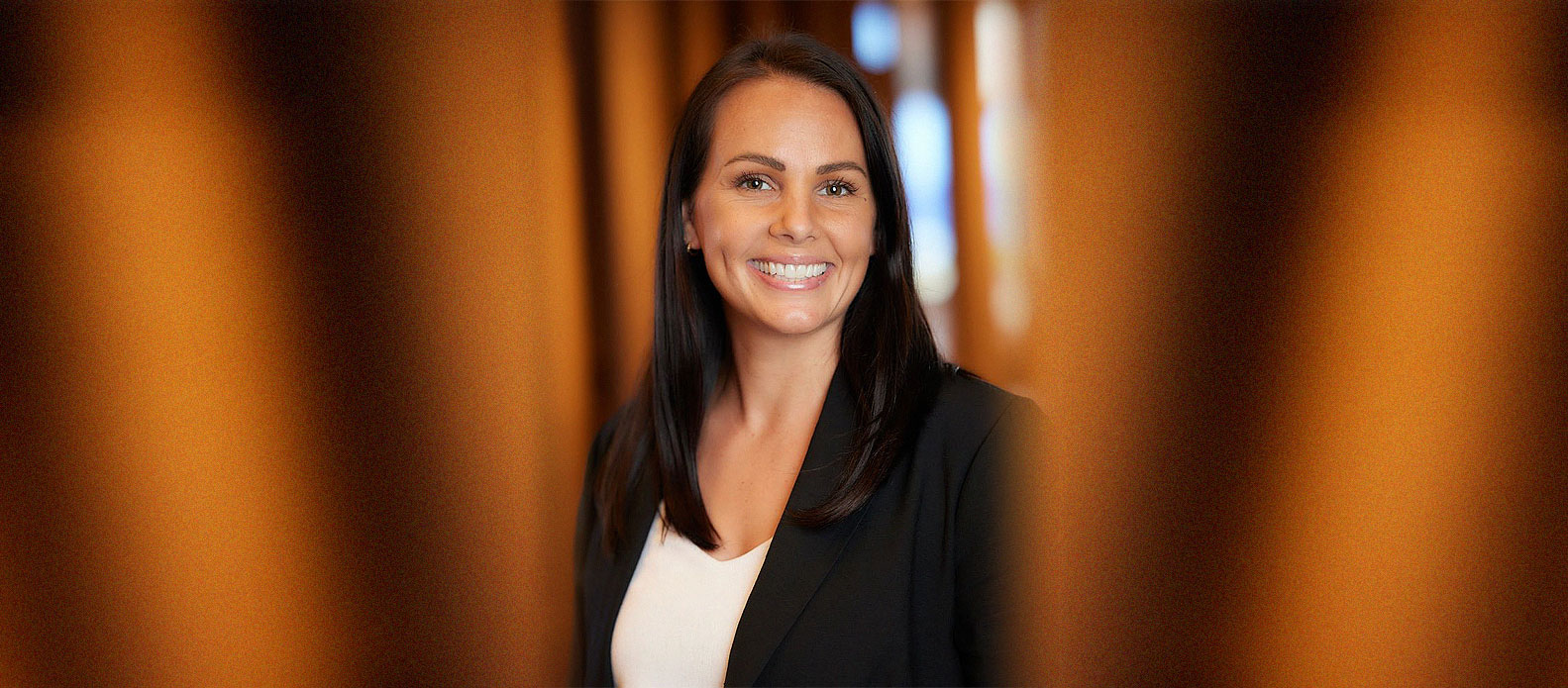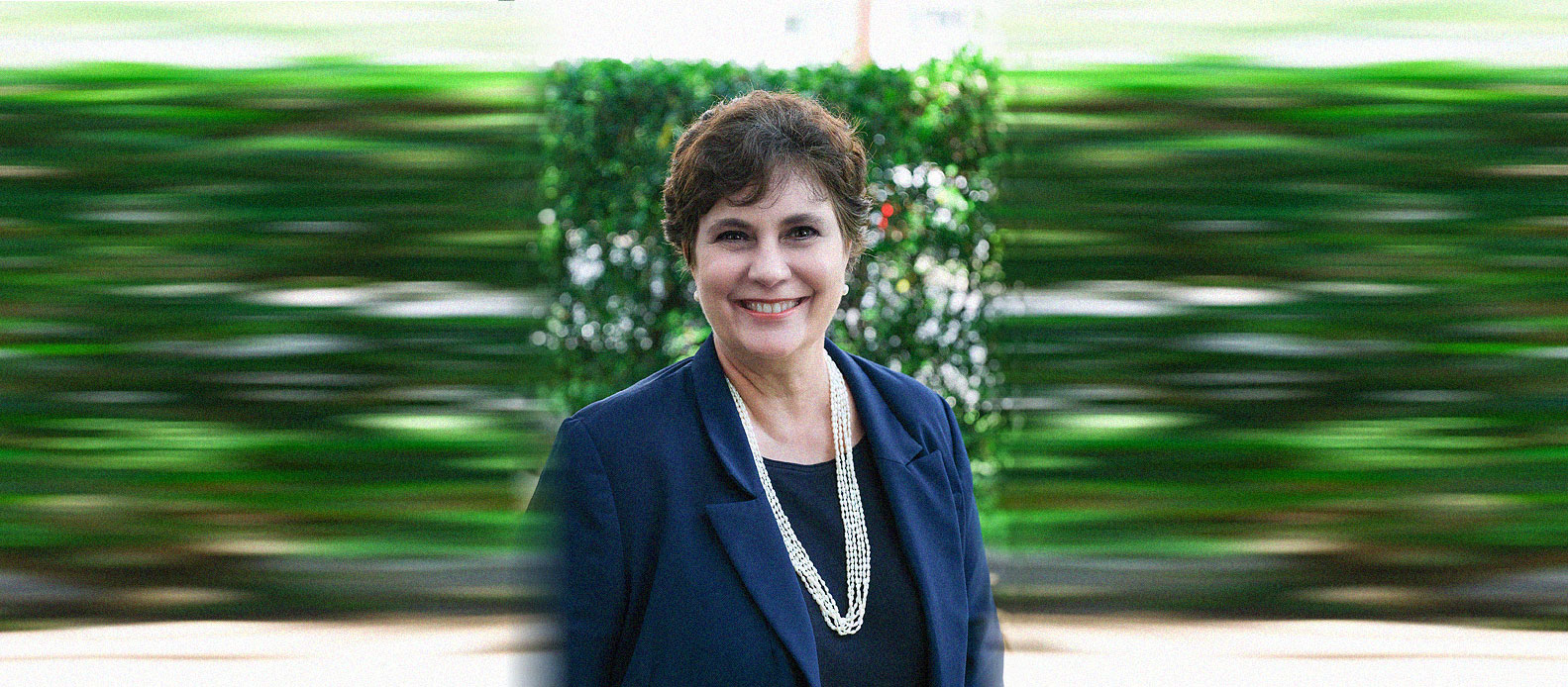Born in Lihu‘e and raised in small-town Lawa‘i, Glenn Medeiros never guessed his cover of George Benson’s “Nothing’s Gonna Change My Love for You” would make him a household name. But after winning him Brown Bags to Stardom, a local talent competition, the Kaua‘i native’s recording of the song went on to become an international hit, peaking at No. 12 on the Billboard Hot 100 list and topping the charts in countries around the world. Medeiros spent the rest of his teenage years and early 20s riding the wave of his breakout hit: touring the world, releasing seven albums, even making an unexpected turn in hip-hop—a directive from his record label—by way of the No. 1 smash hit “She Ain’t Worth It” featuring Bobby Brown.
In this era of YouTube sensations and Instafame, you’d think Medeiros’ meteoric rise to fame would make him an advocate of quitting your day job in uncompromising pursuit of your dreams. But though he hopes his story has inspired others to pursue their passions, he is wary of the kind of all-or-nothing thinking that encourages people to consider fame and fortune their birthright.
“For every person who becomes successful, I can give you hundreds of others who put everything in and still didn’t make it,” Medeiros says. “The most successful people I’ve met aren’t just passionate about one thing. They create a new top-five
Even at the height of his music career, Medeiros was at the mercy of the volatile record industry, pressured into making music he wasn’t invested in and dropped from one of his labels despite his chart success. So after a whirlwind eight years, Medeiros moved home to Hawai‘i rather than chase his next hit in Los Angeles, inspired to make a difference the same way his teachers had cultivated his passion and gift for music as a shy kid on Kaua‘i.
He didn’t give up the spotlight completely. To help pay the bills and scratch his itch for performing, he moonlighted as a headliner with local celebrities Loyal Garner and Frank De Lima at the Polynesian Palace in Waikiki, sharing the stage with the pint-sized Elvis impersonator who grew up to become superstar Bruno Mars.
But his career in education took center stage. On the road to earning his postgraduate degrees, Medeiros found gratifying work teaching not just music and voice lessons but special ed, elementary school and history to students around the island. Along the way, he realized he could make an even greater impact in the lives of youth in his community as an administrator, and upon making the jump to vice-principal of Maryknoll School, he found the role a perfect fit.
“Whether as a singer or an administrator, I always felt a responsibility to the people of Hawai‘i and to the kids out there watching who may want to do the same thing.”
It was there that Medeiros was confronted with the many challenges facing Catholic schools in our 21st-century landscape. A shortage of the unsalaried nuns and priests who historically kept costs low for Catholic institutions have forced schools to raise tuition and, in many cases, accept an academically diverse community of students to keep up enrollment. Add to that growing competition from non-Catholic private schools and it became clear to Medeiros that something needed to change.
Armed with insight about the plight of Hawai‘i’s Catholic schools, Medeiros focused his doctoral dissertation on technology-based differentiated instruction, advocating for the approach when he later took the reins as head of Saint Louis School, Hawai‘i’s oldest Catholic school and the only all-boys college preparatory institution in the state.
Saint Louis is now in its third year of utilizing a blended learning curriculum, which combines online interaction with traditional classroom education in a way that Medeiros believes empowers students to make the highest gains. “What I like about it is that it’s a balanced approach,” he says. “You don’t throw away all of the things that have worked in the past.”
With the recent closing of several local Catholic schools—among them, the nearly century-old Saint Francis School and St. Anthony’s in Kalihi—Medeiros has been busy implementing this and myriad other changes at Saint Louis to stay ahead of the nationwide trend of growing debt and declining enrollment at Catholic institutions. That includes working with the Saint Louis School board, the school’s Marianist landowner and the Saint Louis Alumni Association to get the school out of the red. “Most schools carry debt—it’s part of running a business—but we were able to make the changes necessary to bring that down, so we’re doing really well,” Medeiros says.
Also high on the agenda was opening Saint Louis to elementary school students for the first time in more than 60 years, a move that’s increased enrollment by nearly 50 percent and enabled the school to expand its programs to include robotics and orchestra. That’s in addition to wrapping up renovations on roughly 50 classrooms and the ongoing construction of a new, state-of-the art athletic center—an investment not only in Saint Louis’ nationally ranked football program but in Saint Louis athletics overall. “If we win championships, great. If we don’t, we don’t, but I would love to have athletic programs that are successful enough so that our students can get the scholarships they need to go to college,” Medeiros says. “Everything comes down to what benefits the students.”
Medeiros has also been the driving force behind a recent partnership with Kamehameha Schools to provide need- and merit-based financial assistance to Saint Louis students, 60 percent of whom are of Native Hawaiian heritage. All-boys Catholic school isn’t necessarily a fit for everybody, Medeiros says, but those who do choose Saint Louis School will find an experience like nowhere else, one steeped in Hawaiian culture, Catholic values and brotherhood.
“For a lot of people here at Saint Louis School, this is like their second home,” Medeiros says. “I’m 100 percent Portuguese so, for me, the Catholic Church is not just a religious entity. Catholicism is so intertwined in Portuguese culture that it’s a way to connect culturally to my ancestors.” Such is Medeiros’ commitment to the mission and vision of Saint Louis School that he willingly took a pay cut his first year, keeping his twice-weekly singing gigs at the Hale Koa Hotel’s lu‘au show so that the school could put those resources toward regaining its financial footing.
Not that it was ever the money calling Medeiros to the stage. From captivating a packed stadium in his youth to that priceless moment when lu‘au-goers recognize him wistfully as the teenage pop star behind “Nothing’s Gonna Change My Love for You,” singing has allowed Medeiros to reach people in a way that’s kept him coming back for more. “That energy going back and forth,” he says, “is a powerful feeling.”
Like others in the local spotlight, he’s also driven by the powerful force of his Hawai‘i roots. “The great thing about being from Hawai‘i is that people want to see you succeed,” Medeiros says. “You’re part of the Hawai‘i team. Whether as a singer or an administrator, I always felt a responsibility to the people of Hawai‘i and to the kids out there watching who may want to do the same thing. I take that very seriously.”
gmedeiros@saintlouishawaii.org










